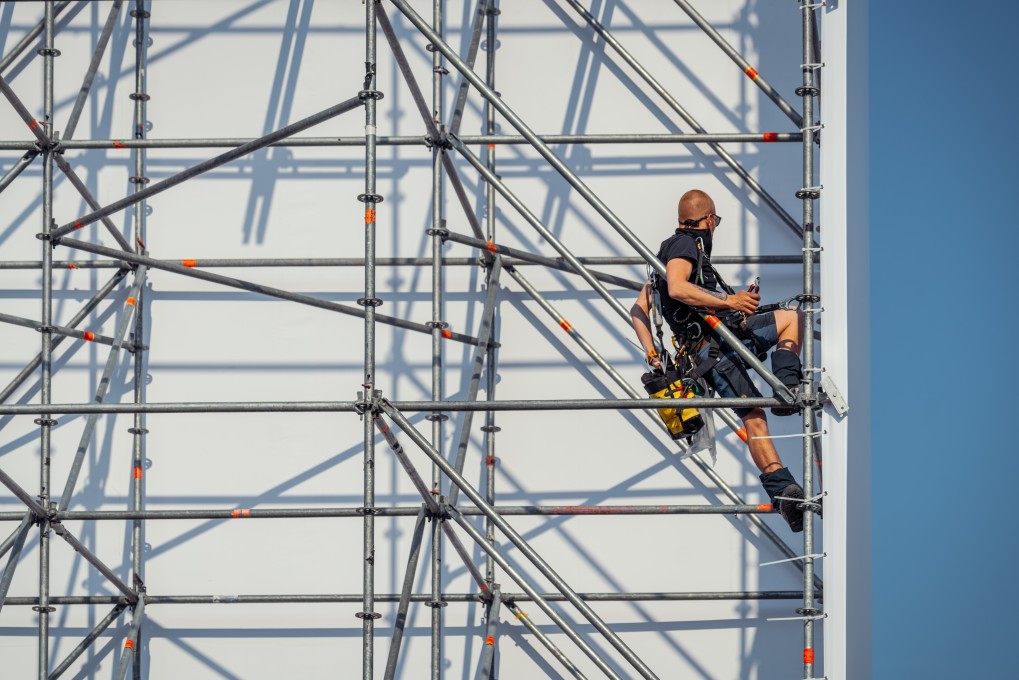Making homes safe comes with a price tag of billions of pounds.
The Grenfell Tower fire in 2017 left 72 people dead and over 70 more injured. A subsequent public inquiry concluded that the flammable cladding encasing the building was the primary reason the fire spread so rapidly. Unfortunately, this cladding was also used by builders on homes throughout the UK. 477 high-rise residential buildings have been identified as having it. According to the Association of Residential Managing Agents, about half a million people are living in a building with some form of unsafe cladding.
To avoid a repeat of the Grenfell tragedy, this unsafe cladding is now being taken out and replaced. But doing this is an expensive endeavour. Few would argue that something that could be so life-saving is not worth the cost. But what is a source of contention is who should be responsible for settling the tab. Should it be the UK government? The developers who built the building? What about the people who own the flats, or those who live in the building?
(Quick note before we move on. High-rise buildings in the UK tend to have a bit of an odd ownership structure. Usually, the people who ‘buy’ the individual flats have technically actually rented them for really long periods of time - think over a hundred years. They are called leaseholders, and they do not own the land the flats are built on. Along with the building itself, that belongs to the ‘freeholder’, who can be an individual but is often a company. Freeholders are responsible for keeping the building and common areas in good nick, but will often charge leaseholders for this maintenance. And of course, there may be tenants who are not leaseholders living in a building, either because they’re roommates of the leaseholder or because they’ve sublet the flat from them.)
Initially, it was often the leaseholders who were expected to cough up. There are arguments in favour of this approach. After all, they are the people who stand to directly benefit the most from fireproofing their home and property. They also had perhaps the largest financial incentive to do the work: post-Grenfell, properties with unsafe cladding plummeted in value. This was particularly frustrating for many leaseholders because many Brits buy property specifically as a financial investment, i.e. with the intention of selling it for a higher price than they bought it.
These financial costs to leaseholders, however, are also the reason there has been huge pushback against the idea that they should pay for the cladding replacement. The average individual was being asked for tens of thousands of pounds for the work, which is a sum that is difficult or impossible for many people to afford. The huge drop in value from what they paid for their flat also meant many couldn’t afford to sell. Trapping people in accommodation that no longer meets their needs has a whole host of economic repercussions - it can stop them being able to move for a new job or to start a family, for example. Overall, there was a lot of anger that ordinary people were being asked to make significant sacrifices to their finances and wellbeing when they'd had no say in or knowledge of the building's flammable cladding.
Leaseholders have long argued that it is the people and firms who were involved in the creation of the property who should be financially on hook for problems with a building's structure and materials. The UK government appears to agree with these sentiments. It has passed new laws saying developers who don't pay up can be sued or blocked from building any more houses in the UK. Leaseholders in medium and high-rise buildings have also been promised they won't have to pay a penny.
There are a few reasons it makes sense for developers to pay. Unlike the owners, they knew the cladding was there and chose to use that material in the first place. Plus, they generally made that choice on the basis that it was a cheaper option and therefore would give them fatter profit margins. That's not an unusual call in business, but many people would feel it's fair that the flip side of making these sort of financial gambles is that you have to pony up if it turns out to have been a bad call. Plus, paying out thousands and thousands of pounds is generally much less financially hurtful for large businesses than for individuals, especially when those businesses operate in the very profitable sector that is housebuilding.
Read our explainer on: homes, housing and the economy

